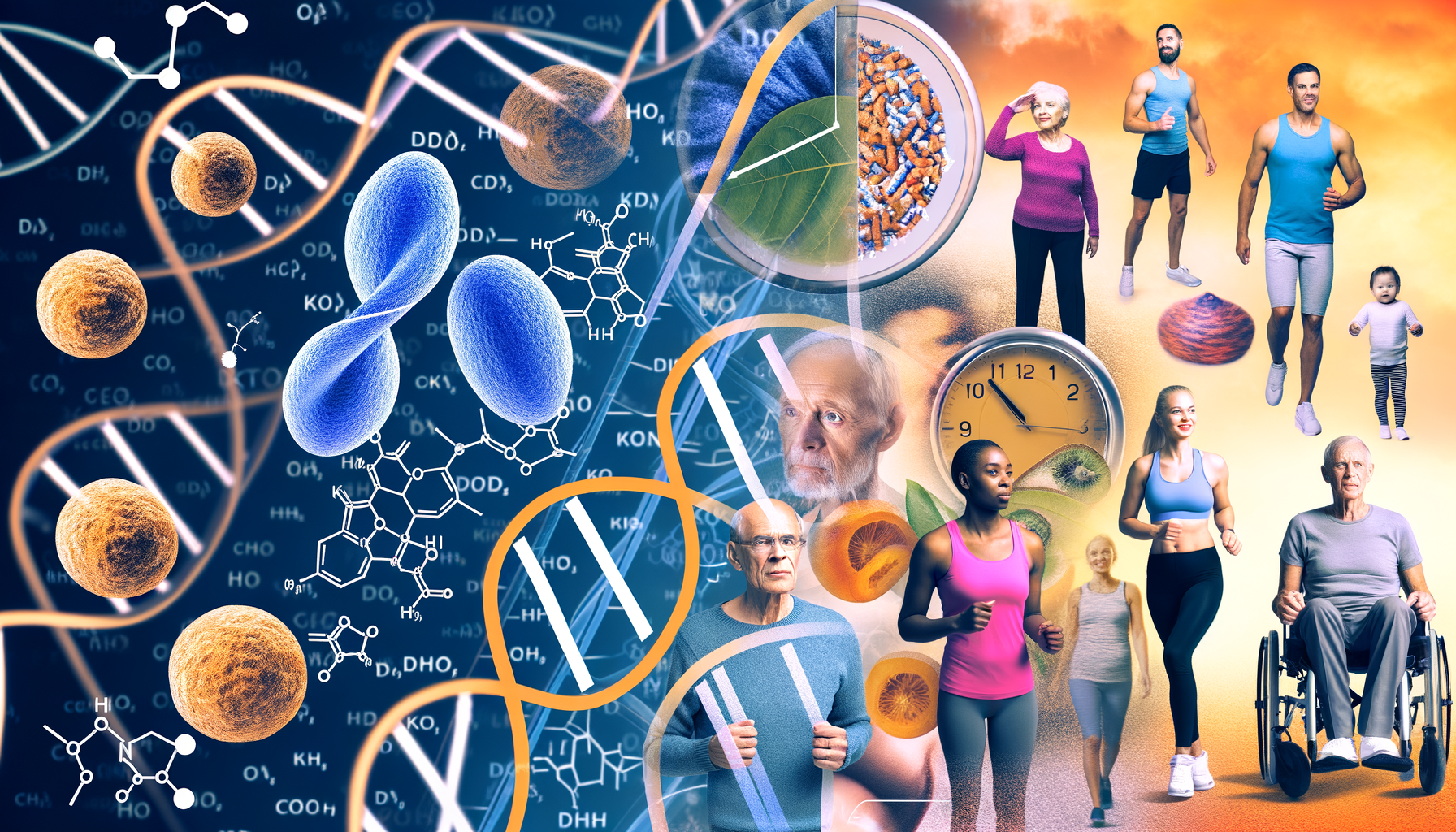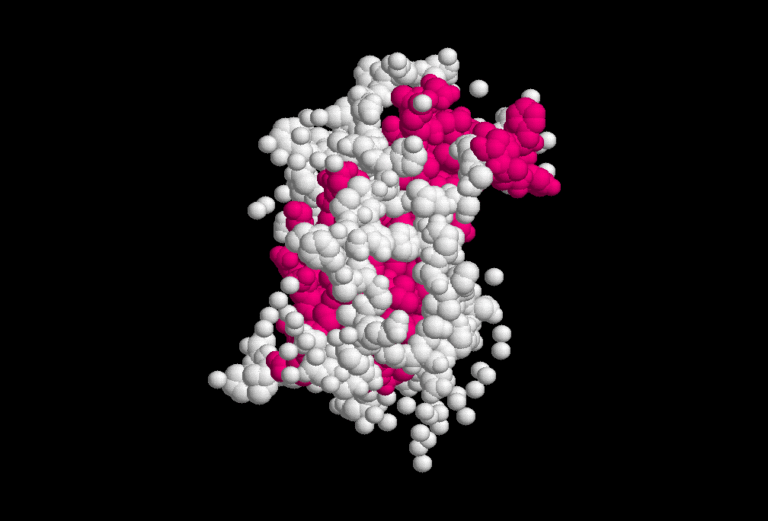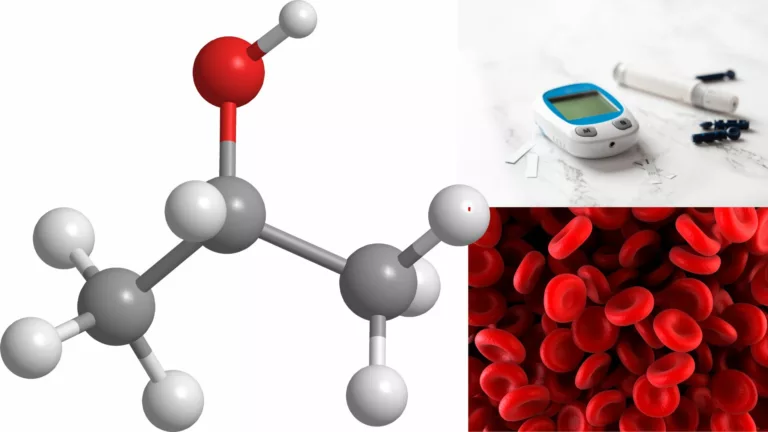The Role of Ketosis in Cellular Aging
Ketosis plays a significant role in cellular aging by influencing various pathways within the body. By shifting the primary energy source from glucose to ketones, cells undergo metabolic adaptations that can impact aging processes. This metabolic switch triggers changes in cellular signaling, gene expression, and stress responses, all of which can contribute to the overall aging trajectory of cells.
Understanding how keto affects aging and longevity involves examining how ketosis modulates cellular processes like inflammation, oxidative stress, and mitochondrial function—key factors in cellular aging. By promoting metabolic efficiency and resilience, ketones may enhance the body’s ability to maintain cellular homeostasis and combat age-related decline. This highlights the potential therapeutic benefits of ketogenic diets and ketone supplementation in promoting healthy aging.
The Impact of Ketogenic Diet on Mitochondrial Function
Mitochondria play a vital role in cellular energy production by generating adenosine triphosphate (ATP) through oxidative phosphorylation. The metabolic state induced by a ketogenic diet can significantly impact mitochondrial function. Studies have shown that ketones produced during ketosis can enhance mitochondrial efficiency and biogenesis, leading to an increase in ATP production. This improved mitochondrial function may contribute to increased energy levels and overall cellular health.
Furthermore, the ketogenic diet has been linked to the upregulation of mitochondrial antioxidant systems. Ketones, such as beta-hydroxybutyrate, have been shown to reduce oxidative stress within the mitochondria by scavenging free radicals and enhancing the activity of antioxidant enzymes. This reduction in oxidative stress not only protects mitochondrial function but also contributes to overall cellular resilience and longevity.
Ketones and their Effects on Oxidative Stress
Ketones play a vital role in cellular energy production, particularly in times of low glucose availability. One significant effect of ketones is their ability to reduce oxidative stress within cells, which is a key factor in the aging process. By acting as alternative energy substrates, ketones can decrease the production of reactive oxygen species (ROS) that contribute to oxidative damage to cellular components.
Research has shown that ketones, such as beta-hydroxybutyrate (BHB), can enhance antioxidant defense mechanisms within cells. This antioxidant effect helps to counteract the harmful effects of oxidative stress, protecting cells from damage and promoting longevity. By modulating oxidative stress levels, ketones can potentially slow down the aging process and improve overall cellular health.
Keto Diet’s Influence on Inflammation and Aging
Inflammation is a natural response by the body to protect against harmful stimuli, but when it becomes chronic, it can contribute to accelerated aging and various age-related diseases. Research has shown that the ketogenic diet, which emphasizes high fat, moderate protein, and low carbohydrate intake, may have a significant impact on reducing inflammation in the body. By minimizing the consumption of carbohydrates that can trigger inflammatory responses, the keto diet helps to lower levels of inflammatory markers and promote overall health.
Furthermore, the ketogenic diet has been linked to potential anti-aging effects due to its ability to modulate inflammation. Studies suggest that ketones produced during ketosis can act as signaling molecules that help regulate inflammatory processes in the body. By promoting a state of metabolic flexibility and reducing reliance on glucose for energy, the keto diet may help decrease oxidative stress and inflammation, ultimately slowing down the aging process and promoting longevity.
The Relationship Between Ketosis and Autophagy
Autophagy plays a crucial role in cellular housekeeping by removing damaged components and recycling them for energy. When cells undergo autophagy, they become more efficient and can better withstand oxidative stress. Ketosis has been found to trigger autophagy, promoting this cellular process’s benefits. By inducing autophagy, the body can remove dysfunctional mitochondria and proteins that may contribute to aging and disease.
Studies have shown that a ketogenic diet can upregulate autophagy, thereby enhancing cellular renewal and repair mechanisms. The metabolic shift towards using ketones as a primary fuel source appears to stimulate autophagy pathways, supporting cellular health and longevity. This relationship between ketosis and autophagy highlights the potential of a ketogenic diet in promoting cellular detoxification and resilience against age-related degeneration.
Ketogenic Diet and its Anti-Aging Properties
The ketogenic diet has gained attention for its potential anti-aging properties. By shifting the body’s primary fuel source from glucose to ketones, this diet may help combat age-related cellular damage. Ketones, produced during ketosis, have been linked to increased longevity and improved cellular health.
Furthermore, the ketogenic diet’s ability to reduce inflammation and oxidative stress could play a key role in slowing down the aging process. Studies suggest that lower levels of inflammation are associated with a decreased risk of chronic diseases and may contribute to overall longevity. Additionally, the diet’s impact on mitochondrial function and cellular energy production may help promote healthy aging and longevity.
How Ketones Improve Cognitive Function and Brain Health
Ketones play a vital role in enhancing cognitive function and promoting overall brain health. As an alternative energy source for the brain, ketones can provide a more stable and efficient fuel supply compared to glucose. This metabolic shift to using ketones can lead to improved focus, mental clarity, and enhanced cognitive performance. Research has shown that ketones can increase brain-derived neurotrophic factor (BDNF), a protein crucial for promoting neural growth and plasticity.
Furthermore, ketones exhibit neuroprotective properties by reducing oxidative stress and inflammation in the brain. By enhancing mitochondrial function and promoting the production of adenosine triphosphate (ATP), ketones help support neuronal health and resilience. This metabolic state induced by ketosis has been linked to improved cognitive function, memory retention, and overall brain function. Additionally, ketones have shown promise in potential therapeutic applications for neurodegenerative diseases and age-related cognitive decline.
The Link Between Keto and Longevity
The Keto diet, with its low-carbohydrate and high-fat approach, has garnered attention in recent years for its potential impact on longevity. Research suggests that the metabolic state of ketosis induced by this diet may have beneficial effects on aging processes. By reducing glucose levels and shifting the body’s energy source to ketones, the keto diet has been proposed to enhance cellular repair mechanisms and promote overall cellular health. Studies have shown that ketosis may help improve mitochondrial function, which plays a crucial role in longevity and age-related diseases.
Furthermore, the ketones produced during ketosis have been linked to lower levels of oxidative stress in the body. Oxidative stress is a significant contributor to aging and age-related diseases, so the ability of the ketogenic diet to potentially reduce oxidative damage could have implications for extending lifespan. Additionally, ketosis has been associated with reduced inflammation, another key factor in the aging process. By modulating inflammation levels in the body, the keto diet may offer protective effects against age-related conditions and support longevity.
>>> Check these success stories on how the Keto Diet can change lives after 40
Keto Diet’s Effect on Hormonal Balance and Aging
Hormonal balance plays a crucial role in the aging process, affecting various aspects of health and well-being. The ketogenic diet has been studied for its impact on hormonal regulation, particularly in insulin and leptin levels. By promoting a state of ketosis, where the body relies on fat for fuel instead of carbohydrates, the keto diet may help improve insulin sensitivity and reduce insulin levels, which are essential for maintaining metabolic health and potentially slowing down the aging process.
Leptin, a hormone responsible for regulating energy balance and metabolism, is also influenced by the ketogenic diet. Some research suggests that ketones produced during ketosis may affect leptin levels, which could have implications for appetite control and weight management. By modulating these key hormones involved in energy regulation and metabolism, the keto diet may offer a unique approach to supporting hormonal balance and promoting healthy aging.
The Science Behind Keto’s Role in Preventing Age-Related Diseases
The ketogenic diet has gained attention for its potential in preventing age-related diseases. Research suggests that ketosis, a metabolic state induced by the consumption of low-carbohydrate and high-fat foods, may offer various health benefits. One key mechanism through which the keto diet may help combat age-related diseases is by reducing inflammation in the body. Chronic inflammation is linked to the development of many diseases, including cardiovascular issues, neurodegenerative conditions, and certain cancers. By promoting ketosis, the keto diet may help lower levels of inflammatory markers, thus potentially reducing the risk of these ailments.
Another way in which the ketogenic diet may contribute to preventing age-related diseases is through its influence on oxidative stress. Oxidative stress occurs when there is an imbalance between free radicals and antioxidants in the body, leading to cellular damage and increasing the risk of chronic diseases. Ketones produced during ketosis have been shown to act as more efficient energy substrates than glucose, producing fewer free radicals in the process. This reduced oxidative stress could play a role in protecting cells from damage and hence potentially lowering the risk of age-related illnesses.

References :
- Cleveland Clinic: Is the Keto Diet Heart-Healthy?
- NIH: A ketogenic diet extends longevity and healthspan in adult mice
- UT Health San Antonio: A long-term ketogenic diet accumulates aged cells in normal tissues, a UT Health San Antonio-led study shows
FAQ: How Keto Affects Aging and Longevity?
What is the role of ketosis in cellular aging?
Ketosis has been shown to have a positive impact on cellular aging by promoting cellular repair and regeneration.
How does the ketogenic diet impact mitochondrial function?
The ketogenic diet can improve mitochondrial function, which is crucial for overall cell health and energy production.
What are the effects of ketones on oxidative stress?
Ketones have been found to reduce oxidative stress in the body, which can help prevent age-related diseases.
How does the keto diet influence inflammation and aging?
The ketogenic diet has anti-inflammatory properties that can help combat the effects of aging and age-related diseases.
What is the relationship between ketosis and autophagy?
Ketosis has been shown to promote autophagy, a process where cells remove damaged components, leading to improved cellular health and longevity.
How does the ketogenic diet contribute to anti-aging properties?
The ketogenic diet can help slow down the aging process by promoting cellular repair, reducing inflammation, and improving overall health.
In what ways do ketones improve cognitive function and brain health?
Ketones can provide the brain with a more efficient source of energy, leading to improved cognitive function and brain health.
Is there a link between the keto diet and longevity?
Studies have shown that the ketogenic diet may promote longevity by improving cellular health and reducing the risk of age-related diseases.
How does the keto diet affect hormonal balance and aging?
The ketogenic diet can help balance hormones in the body, which is important for overall health and can contribute to healthy aging.
What is the science behind keto’s role in preventing age-related diseases?
The ketogenic diet has been shown to have numerous positive effects on cellular health, inflammation, oxidative stress, and more, all of which can help prevent age-related diseases.







